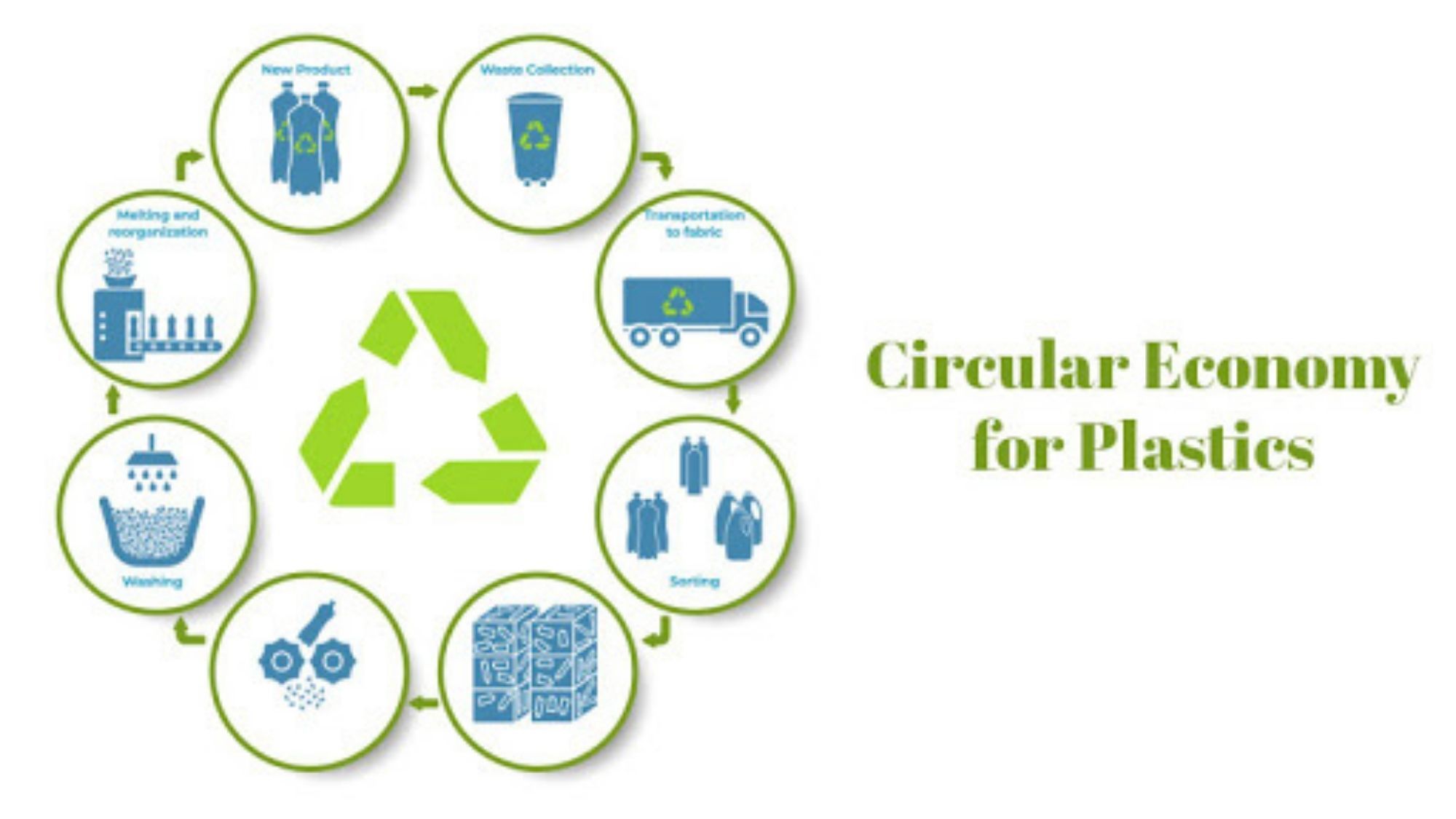Environmentalists are convinced that to take control of the plastic problem is to urge those in the manufacturing business to resort to recycling and earn money on the side.
SINGLE-use plastics have always been one of the worst threats to the environment especially the various bodies of water and oceans.
This is why a number of companies that literally run on waste are coming up with unique concepts to deal with this problem.
It is also why the Ellen MacArthur Foundation is calling businesses to adopt the “circular economy of plastics”.
It’s safe to assume that the lockdowns and quarantine restrictions would bring a halt to the excessive production of plastic waste but it turned out to be false.
According to the Department of Environment and Natural Resources-National Capital Region (DENR-NCR), plastics still are the top pollutant in Manila.
Largely contributing to this are food wrappers, take-out packages, and plastic bottles.
Many people are convinced that to take control of the plastic problem is to urge the food industry to initiate this change.
Plastic should be viewed as something that could be “used, not used up”, according to the Ellen MacArthur Foundation.
The plastic waste that the food industry creates in a day must be reused in the “circular economy of plastics”.
“But how?” one might ask.
There are a couple of organizations in mind that had already adopted this concept.
The first is Plastics by Manila Automat, a design and production studio that encourages people to become recyclers. As they collect plastic waste, they turn them into practical and creative items that consumers love to buy.
“Since 2019, we have sold 436 pieces of our home and fashion pieces and in the process, recycled 327 kilograms of plastic packaging,” says Mica Agregado, the company’s Head of Designs.
Green Antz Builders also use plastics to create practical products. Their specialized products are eco-bricks, eco-casts, and eco-pavers – construction materials made of plastic.
They put up Eco-Hubs, modern Materials Recovery Facilities (MRFs), in communities where they collect plastics, recycle them, and manufacture products.
They also collaborate with other communities in hosting educational workshops or seminars about proper waste segregation.
In 2020, Green Antz was able to recycle 100,000 kilograms of plastic.
“Our eco products not only divert tons of plastic waste away from oceans and landfills, and repurposing them into green materials used in the construction industry, they are also uniquely designed and engineered stronger than regular hollow blocks and use less water to build into structures,” says Founder and CEO Romel B. Benig.
Other up-and-coming businesses share the advocacy of reducing plastic waste in honor of saving mother earth. If more and more corporations and people adhere to the “circular economy of plastic” concept, then the problem of plastic waste would decrease significantly. (EFO)
Tags: #climatechange, #plasticwaste, #recycling, #solidwastemanagemen
